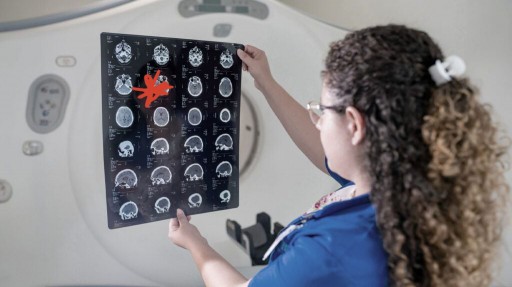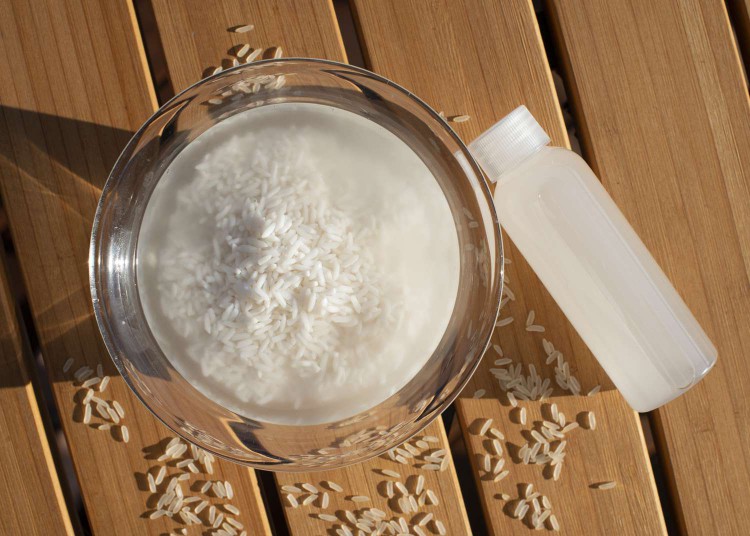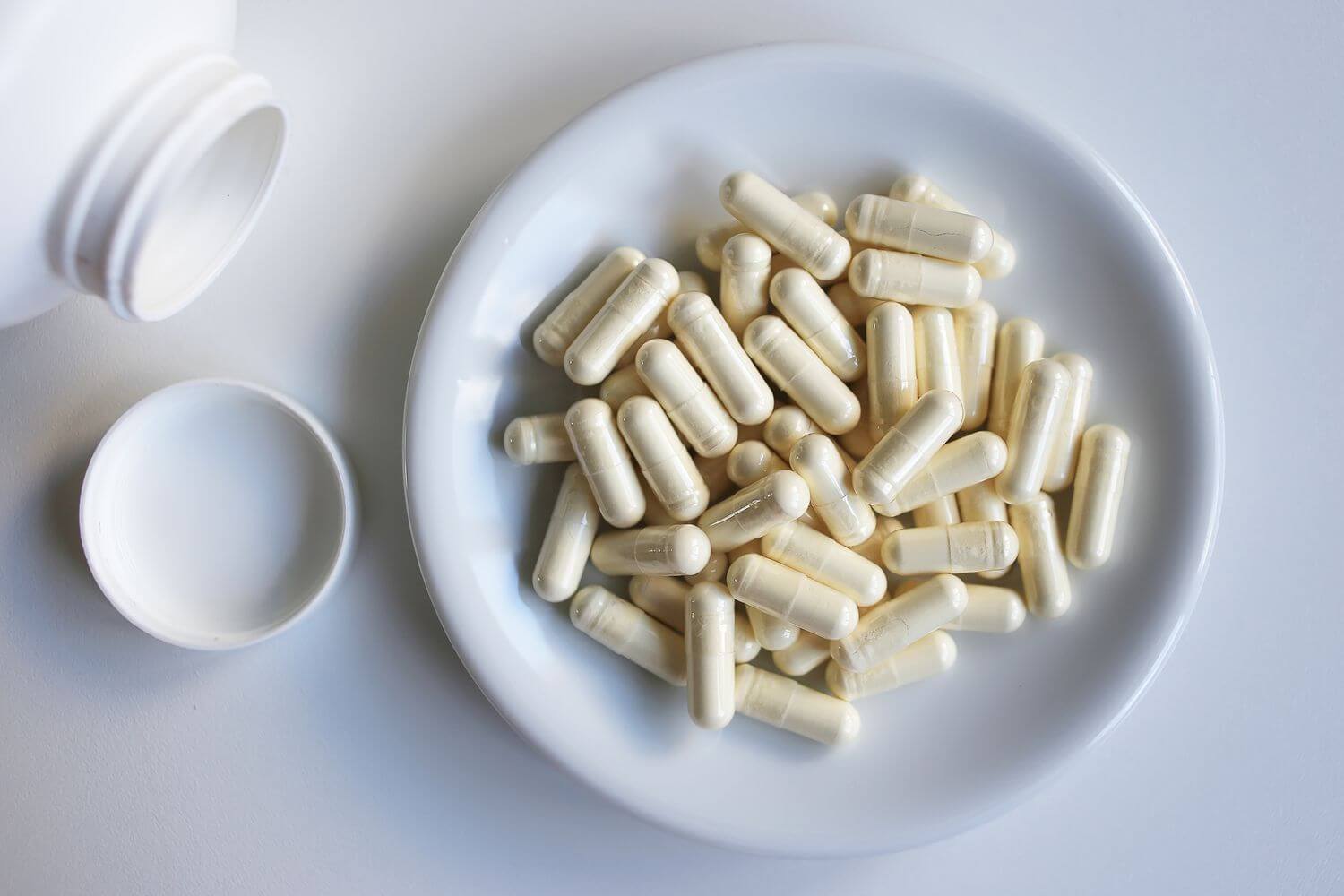

Despite the debilitating nature of long COVID, there is an absence of diagnostic tests and therapeutic tools for long COVID.
A new study analyzed blood samples from long COVID patients and healthy individuals. The findings suggest a dysregulation of the complement pathway, a part of the immune system, and the blood clotting pathways in individuals with long COVID at six months.
Changes in certain molecules in these immune and blood clotting pathways were predictive of the persistence of long COVID symptoms at 6 and 12 months, indicating the utility of these measures in developing diagnostic tools for long COVID.
The dysregulation of these immune and blood clotting pathways suggests that therapies targeting these pathways could help treat long COVID.
Approximatelyof individuals with a SARS-CoV-2 infection experience lingering symptoms beyond three months after symptom onset. These symptoms referred to as long COVID, can be debilitating, but there is a lack of diagnostic or therapeutic tools.
A new study published in Sciencefound that patients experiencing long COVID symptoms six months after the SARS-CoV-2 infection show dysregulation of the blood clotting or coagulation system and the complement pathway, which is a part of the immune system.
These changes in the coagulation and immune systems in long COVID patients were shown to predict the persistence of symptoms at six months. They may have the potential for the development of diagnostic tools. Moreover, therapeutics to counter the changes in the blood clotting and immune system could help alleviate long COVID symptoms.
Dr. Wolfram Ruf, Scientific Director at the Center for Thrombosis and Hemostasis (CTH), Johannes Gutenberg University, wrote in an accompanying editorial:
“Although therapeutic interventions with coagulation and complement inhibitors in acute COVID-19 produced mixed results, the pathological features specific for Long Covid suggest potential interventions for clinical testing.”
Potential causes of long COVID
Long COVID refers to one or more symptoms that persist or develop after the acute phase of a SARS-CoV-2 infection. Common symptoms of long COVID include muscle weakness, fatigue, and brain fog.
Tissue damage, persistent inflammation, production of autoantibodies, and reactivation of latent virus reservoirs are some factors that have beento cause long COVID. However, the lack of knowledge about the precise mechanisms underlying long COVID has hampered the development of diagnostic tools and targeted therapies.
Several studies have shown that individuals with long COVID show. The present study further examined changes in the immune system associated with long COVID at six months.
How does long COVID affect serum protein levels?
The study included 39 healthy participants and 113 individuals with confirmed SARS-CoV-2 infection. During the 12-month follow-up period after the onset of a SARS-CoV-2 infection, 40 out of the 113 participants with an acute SARS-CoV-2 infection had at least one persistent symptom at the 6-month follow-up visit.
Serum samples were collected from the participants during the acute phase of the infection and six months after the infection. These serum samples were used to quantify changes in more than 6,500 proteins.
The participants with long COVID symptoms at six months showed changes in serum proteins belonging to the complement system compared with healthy individuals or those without long COVID at six months. The complement system is a part of the innate immune system, which serves as the first line of defense against germs.
The complement system activation helps elicit an immune response against pathogens or damaged tissue. During the activation of the complement pathway, the plasma proteins belonging to the complement system interact with each other to form a terminal complement complex. The terminal complement complex binds to the surface of or inserts into the membrane of pathogens and damaged cells to induce cell death or promote their removal byby phagocytes.
Among patients with long COVID at six months, the researchers found increased activation of the complement pathway during acute SARS-CoV-2 infection and at six months after diagnosis. Increased activation of the complement pathway and terminal complement complex formation in 6-month long COVID patients could lead to tissue damage.
The proteins in the complement system can be activated by three distinct pathways, each involving different types of molecules. The three complement activation pathways include the classical pathway, the alternative pathway, and the lectin pathway.
Individuals with long COVID at six months showed increased expression of molecules involved in forming the terminal complement complex via the activation of the classical and alternative pathways than those without long COVID or healthy patients.
Long COVID linked to changes in coagulation system
In addition to the three complement activation pathways, thrombin, a protein that promotes blood coagulation, can also cause the activation of the complement pathway and lead to the formation of the terminal complement complex.
Patients with long COVID symptoms at the 6-month follow-up showed lower levels of antithrombin III, an enzyme that inhibits thrombin, during the acute phase and at six months after the onset of a SARS-CoV-2 infection than healthy individuals. The lower antithrombin III levels were accompanied by increased expression of markers of thrombosis, a state characterized by the formation of clots in the absence of bleeding.
Patients with long COVID at six months simultaneously showed increased markers for inflammation and those for thrombosis. The cooccurrence of inflammation and thrombosis is referred to as thromboinflammation.
Signs of thromboinflammation observed in individuals with long COVID at six months included destruction of red blood cells and dysfunction of endothelial cells that line blood vessels. Moreover, these patients also showed increased markers of tissue damage in the blood.
These changes associated with thromboinflammation reflect the dysregulation of the complement system in patients with 6-month long COVID. The dysregulation of the coagulation system in long COVID patients also underscores the need for cardiovascular health assessment.
The researchers found that changes in specific complement protein levels, coagulation system biomarkers, and age and body mass index predicted long COVID at 6 and 12 months.
“By utilizing an unbiased screen and confirming it using distinct components of the membrane attack complex by which the complement system damages cells, the authors demonstrate that persistently increased complement activation is a key feature of Long COVID. Moreover, their models that incorporate the measurement of 2 protein ratios improve an already good clinical model comprising of age and body-mass index, most notably for 12-month Long COVID.”
Activation of latent viruses in long COVID
The classical complement pathway is activated upon antibodies binding to viral proteins or autoantibodies in the body’s tissue. In the present study, the serum from patients with 6-month long COVID showed increased antibodies against cytomegalovirus, a type of herpesvirus.
This is consistent with evidence suggesting that long COVID symptoms may arise, in part, due to an inflammatory response to the reactivation of a prior herpesvirus infection. The persistence of SARS-CoV-2 in some tissues may also produce an immune response.
These results suggest that binding of the antibodies to proteins from a herpesvirus could contribute to the activation of the complement system. Besides explaining the increased complement activation, these results suggest that antivirals targeting the herpesvirus and SARS-CoV-2 could have the potential to ameliorate long COVID symptoms.



























































